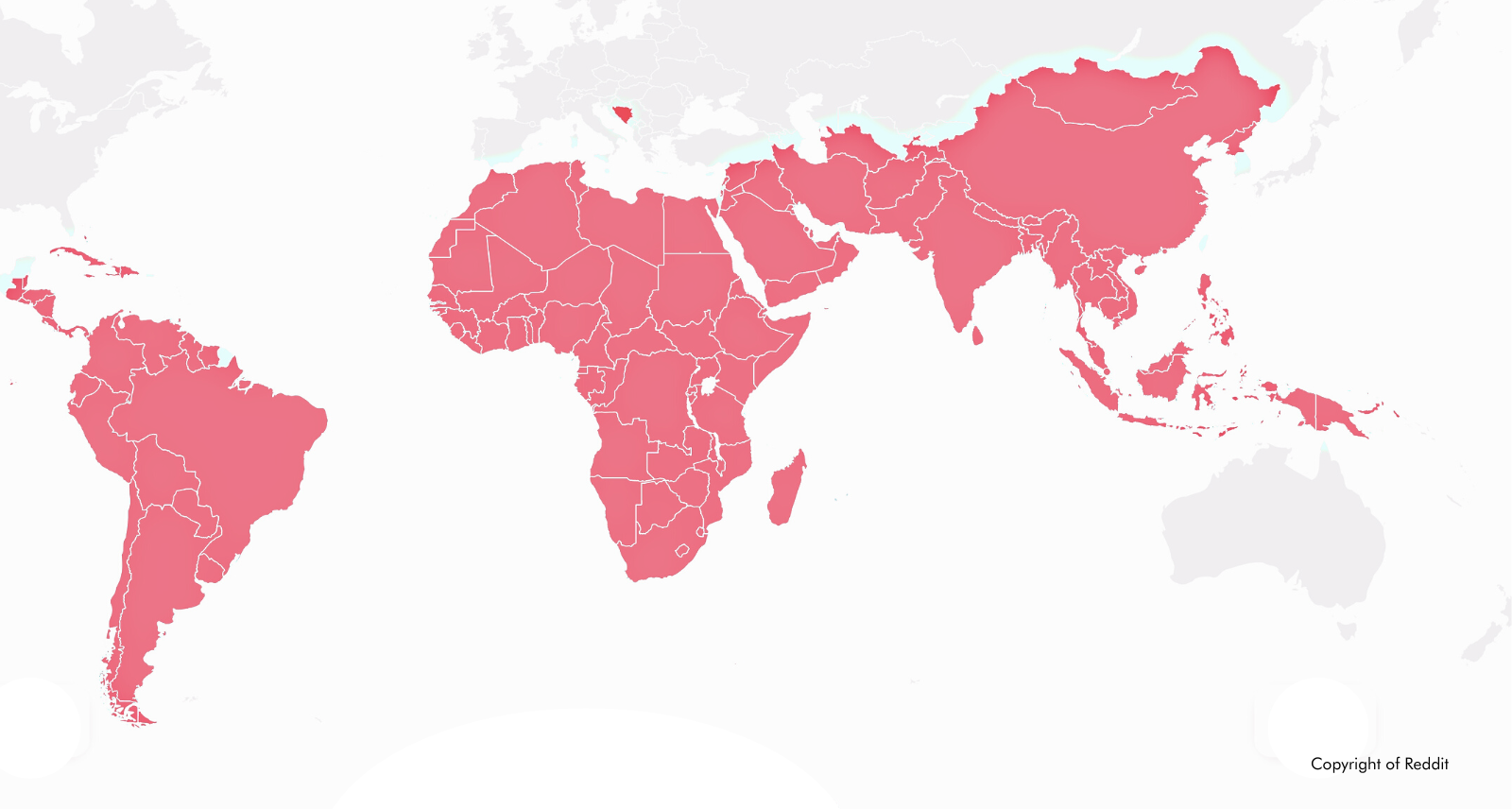Blogs

For a long time, institutions from the Global North dominated the development work programming landscape in the Global South, leading to programming approaches based on the experiences and priorities of the institutions from the Global North rather than the needs and realities of the communities in the Global South.
However, in recent years, multilateral donors such as United States Agency for International Development (USAID) realised that development work is more effective when local organisations and individuals who deeply understand the local context and culture carry out the work.
The shift towards localisation led to the emergence of many local development organisations and initiatives, which play an increasingly important role in addressing the challenges communities face in the Global South. However, localisation is yet to extend to research and broader evidence work.
Institutions and experts from the Global North still dominate the research and policy sphere. Data from the International Initiative for Impact Evaluation (3ie) shows that “only about 9 per cent of US foreign aid is estimated to go directly to organisations and firms located in partner countries. And in the evaluation space, only about a quarter of published evaluation studies between 2010 and 2014 include an author based in a partner country organisation.”
When local experts are not adequately engaged in the research and evaluation process, it can create a disconnect between the researchers and policymakers, making the latter hesitant to use research findings and recommendations.
Given this challenge, the White House Office of Science and Technology Policy (OSTP) hosted a series of Evidence Forums with research and policy experts in 2022. Evidence Forums were designed to co-develop concrete strategies for mobilising research-based evidence to improve development policy for the United States of America’s aid agencies and their partners.
As part of the series, the OSTP co-hosted an Evidence Forum with the Centre for Global Development (CDG) with speakers from USAID, the United States Department of State, Millennium Challenge Corporation, IDinsight, and the African Institute for Development Policy (AFIDEP). The forum discussed bridging the gap between evidence and policy to promote evidence in decision-making and the importance of locally-specific expertise in producing knowledge.
The administrator of USAID, Samantha Power, acknowledged that while there have been significant strides in promoting an evidence-based approach to development, a lot still needs to be done, highlighting that “we have made progress but still have much to do to place evidence at the forefront of USAID development work. We must produce rigorous, equitably measured data informed by the needs and desires of the communities we serve. We need to make that data accessible to those in the best place to analyse it and to use it to inform their work.”
Ruth Levine from IDinsight and a non-resident fellow at CGD emphasised the significance of localisation in influencing policy adoption, citing that “we must shift agenda setting and resources to those who best understand local policy contexts and priorities and are more likely to drive action and most likely to influence and drive action to enhance impact.”
The consensus was that redirecting resources and focus to local researchers and policymakers is crucial to promoting evidence in decision-making. Localisation will ensure that development programming is more effective in addressing the needs and challenges faced by communities in the Global South.
Eliya Zulu, AFIDEP’s founder and Executive Director, spoke about the importance of trust between researchers and policymakers in adopting policy recommendations. He pointed out that local experts have ongoing relationships with policymakers and therefore understand and advocate for solutions because they regularly interact. In contrast, international experts may only be present for a specific project. Further, their understanding of the local context may differ from that of policymakers, making it more difficult for their recommendations to be adopted.
Zulu reiterated, “we need to understand that promoting evidence use works better where there is trust between the evidence producers and the evidence user. And enabling the local experts and institutions to play this role will help build the trust to increase the demand and role of evidence in development.”
In this vein, AFIDEP, an African-led, non-profit research and policy institute, was established to institutionalise a culture of evidence use in the public sector and to bridge the gaps between research, policy and practice in development efforts in Africa. Since then, the Institute’s work has helped strengthen individual and institutional capacity for evidence use and informed development policies and strategies in over 20 African countries.

